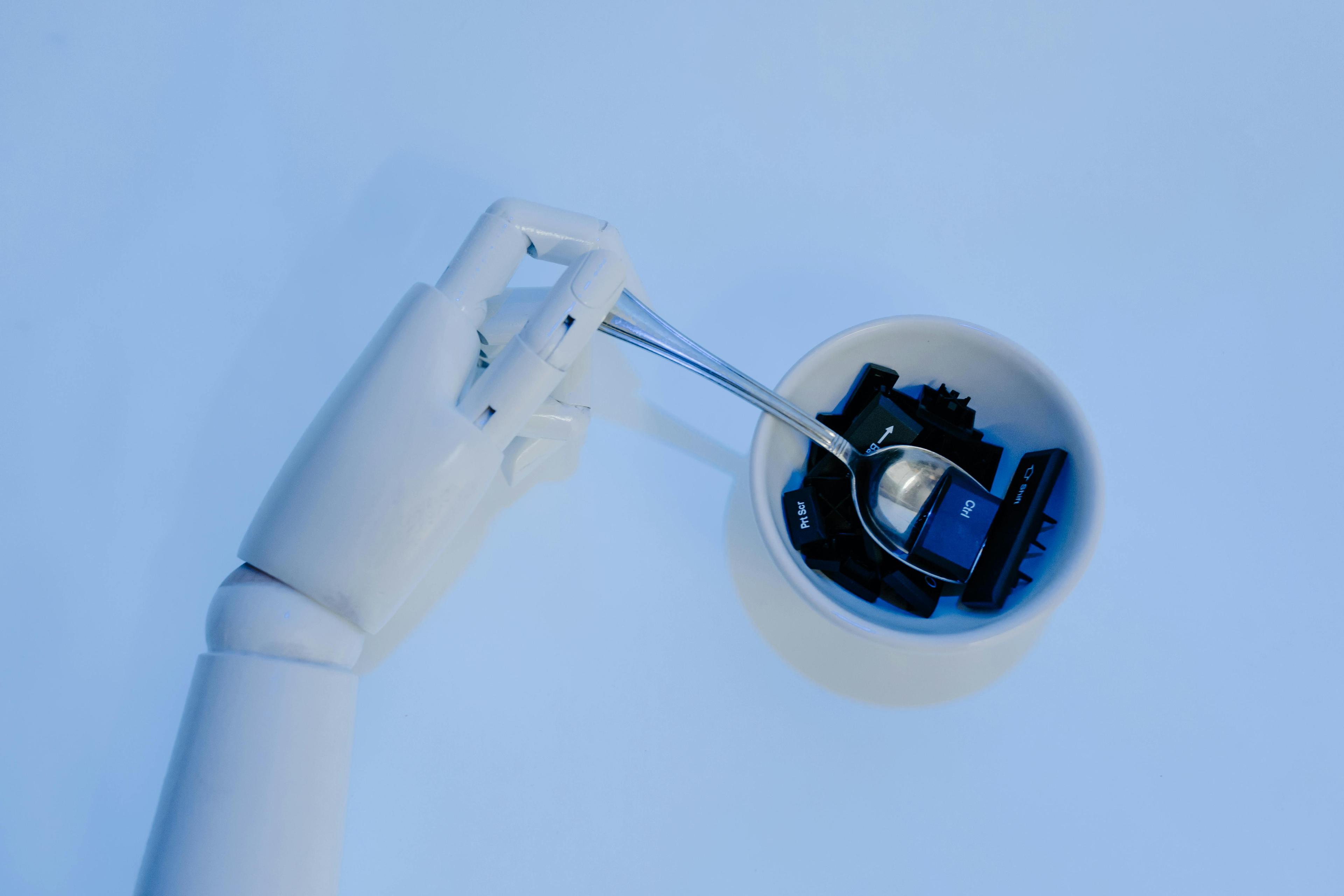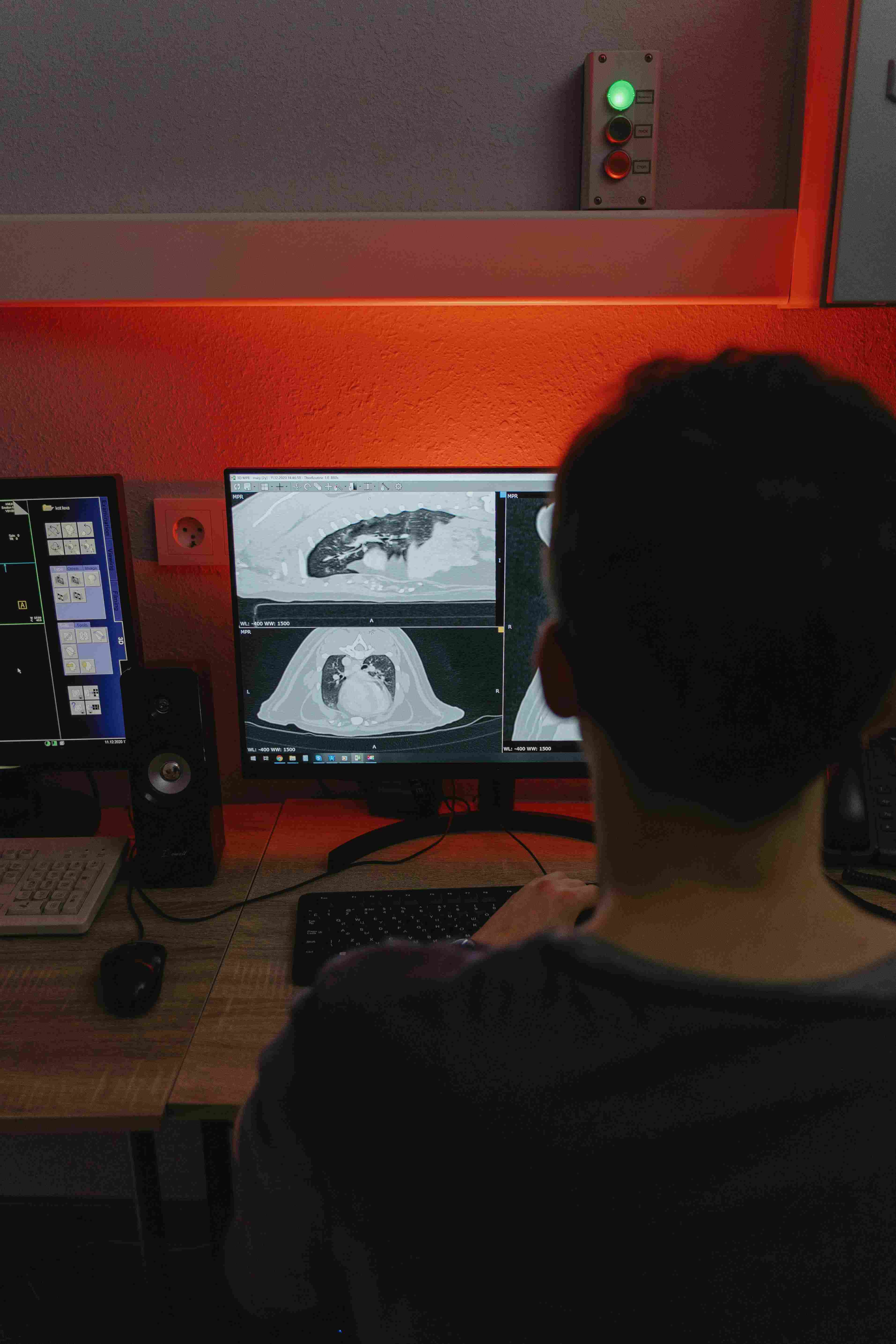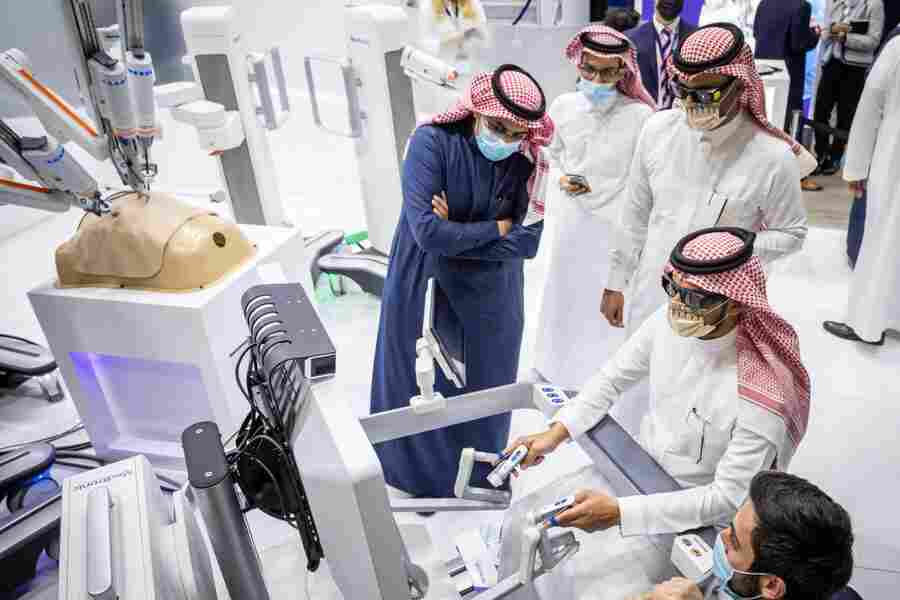
Washington D.C. (Enmaeya News) — RareGen Youth Network, founded by high schooler Khartik Uppalapati, is leading a global shift in rare disease advocacy by blending youth leadership, AI innovation, and policy influence.
Born from Uppalapati’s personal experience with a rare vascular condition, RareGen began in 2020 as a grassroots project and has grown into a youth-led nonprofit working with institutions like the UN, WHO, and European Commission.
A standout initiative is RareTech, which explores organoid intelligence—bioengineered brain-like systems that model biology more naturally than silicon computing. “It’s about making AI biologically aware,” said Uppalapati.
RareTech also developed NeuroAssist, an AI-powered brain-computer interface that achieved 99.17% accuracy, aiming to support communication for people with motor or speech impairments.
Uppalapati, also a researcher and youth policy advocate, sees AI and biology as complementary. “We’re in a golden era of convergence,” he said, emphasizing the need for ethical, inclusive tech.
Despite early skepticism, RareGen gained credibility through research, securing collaborations with top global health bodies. Looking ahead, Uppalapati hopes to bring RareTech into clinical trials, pursue an MD/PhD, and launch a global diagnostic equity registry.
“We’re not just asking for a seat at the table—we’re building it,” he said.






